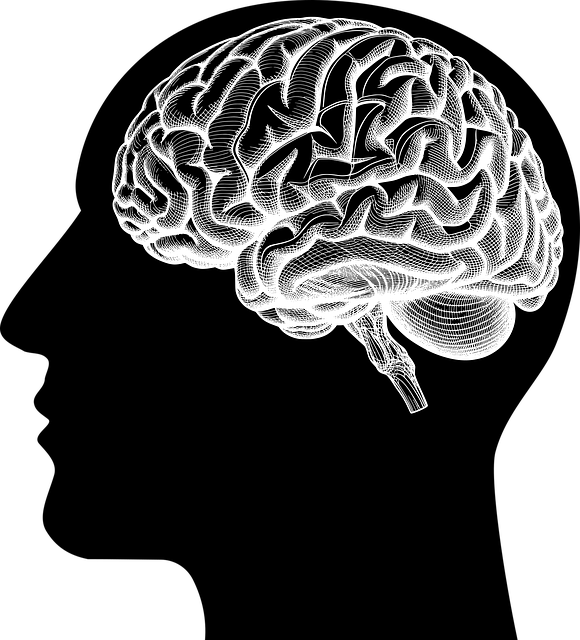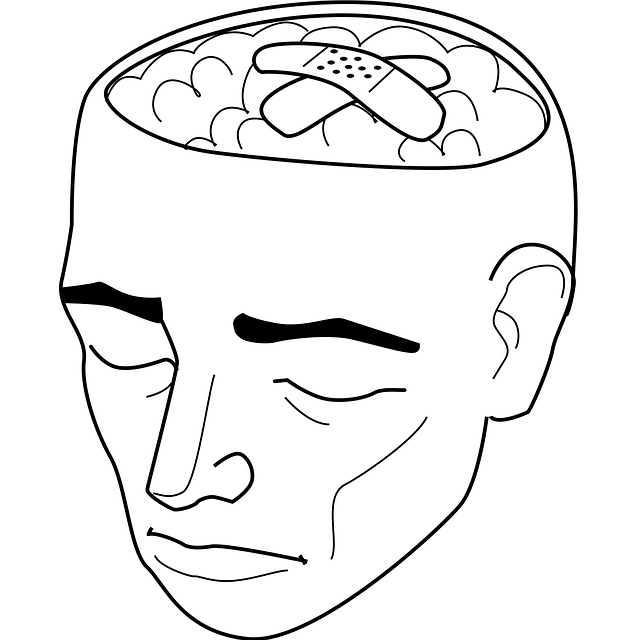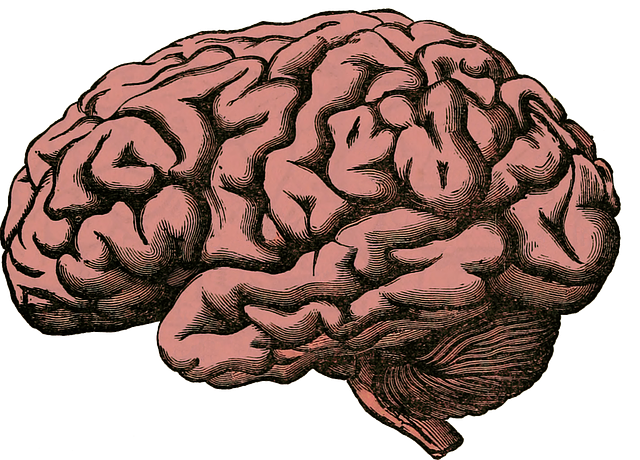Lafayette Crisis Counseling Therapy (LCT) employs a holistic data collection process that combines statistical and qualitative techniques to gain deep insights into mental health conditions. By analyzing patterns in large datasets and capturing individuals' subjective experiences, LCT creates personalized treatment plans that address unique barriers. This multifaceted approach not only improves patient outcomes but also enhances stress management strategies and reduces mental illness stigma through evidence-based and empathetic interventions.
Mental health data analysis is a crucial aspect of understanding and improving patient care at institutions like Lafayette Crisis Counseling Therapy. This article explores the process of collecting, analyzing, and interpreting mental health data, highlighting essential techniques for accurate insights. From understanding unique collection methods to applying data-driven strategies, we delve into how Lafayette Crisis Counseling Therapy leverages these techniques to enhance clinical practice, ultimately fostering better outcomes for patients.
- Understanding Mental Health Data Collection at Lafayette Crisis Counseling Therapy
- Techniques for Effective Analysis and Interpretation of Mental Health Data
- Applying Insights from Data to Improve Clinical Practice at Lafayette Crisis Counseling Therapy
Understanding Mental Health Data Collection at Lafayette Crisis Counseling Therapy

At Lafayette Crisis Counseling Therapy (LCT), understanding the nuances of mental health data collection is paramount to delivering effective care. LCT employs a multi-faceted approach, recognizing that gathering comprehensive data is essential for accurate interpretation and personalized treatment plans. This includes assessing not only clinical symptoms but also social skills development and cultural sensitivity within the context of each client’s unique background. By integrating techniques aimed at promoting emotional well-being, LCT ensures their data collection process is holistic and inclusive.
Through structured assessments and one-on-one interactions, LCT professionals meticulously document client progress, incorporating feedback from various sources like self-reports, family members, and community support networks. This rich dataset allows for a nuanced understanding of mental health challenges, enabling therapists to tailor interventions that address specific barriers, be it social isolation or cultural beliefs impacting treatment adherence. Such a comprehensive approach sets LCT apart in the field, ensuring every client receives care that resonates with their individual needs and life experiences.
Techniques for Effective Analysis and Interpretation of Mental Health Data

In the realm of mental health data analysis and interpretation, professionals like those at Lafayette Crisis Counseling Therapy employ diverse techniques to ensure accurate insights. One powerful approach involves statistical analysis, leveraging tools to identify patterns and trends within large datasets. This method allows for a comprehensive understanding of various mental health conditions, their prevalence, and how they intersect with demographics and other factors. By unearthing these connections, therapists and counselors can tailor interventions more effectively.
Additionally, qualitative data analysis plays a crucial role. Techniques like thematic coding and content analysis enable the exploration of narratives, such as those found in Mental Wellness Journals. This approach captures individuals’ subjective experiences, providing valuable context for understanding their mental health journeys. Integrating these insights with quantitative data offers a holistic perspective, guiding Stress Management strategies and Mental Illness Stigma Reduction Efforts. Such multifaceted analysis ensures that care is not only evidence-based but also deeply empathetic and personalized.
Applying Insights from Data to Improve Clinical Practice at Lafayette Crisis Counseling Therapy

At Lafayette Crisis Counseling Therapy (LCCT), data analysis is transforming clinical practice by providing actionable insights that improve patient outcomes. By delving into trends and patterns within their vast dataset, LCCT can identify areas for enhancement in their services. For instance, analyzing communication strategies used during therapy sessions has revealed certain techniques that significantly contribute to positive patient engagement and recovery rates. This information enables therapists at LCCT to adapt their approaches, ensuring tailored care for each individual.
Furthermore, data-driven insights have been instrumental in LCCT’s mental illness stigma reduction efforts. By examining demographics and the types of mental health concerns presented by clients, they can design targeted interventions and educational programs. This proactive approach not only improves mood management but also fosters a more inclusive environment, breaking down barriers associated with seeking therapy. Through these data-backed initiatives, Lafayette Crisis Counseling Therapy continues to revolutionize their services, ultimately enhancing the lives of those they serve.
Mental health data analysis is a powerful tool for enhancing therapeutic practices, especially at institutions like Lafayette Crisis Counseling Therapy. By employing robust techniques to interpret collected data, professionals can gain valuable insights into patient populations and tailor their approaches accordingly. This strategic utilization of mental health data not only improves individual treatment outcomes but also fosters a more comprehensive understanding of the complex field of psychology within the context of Lafayette Crisis Counseling Therapy.












